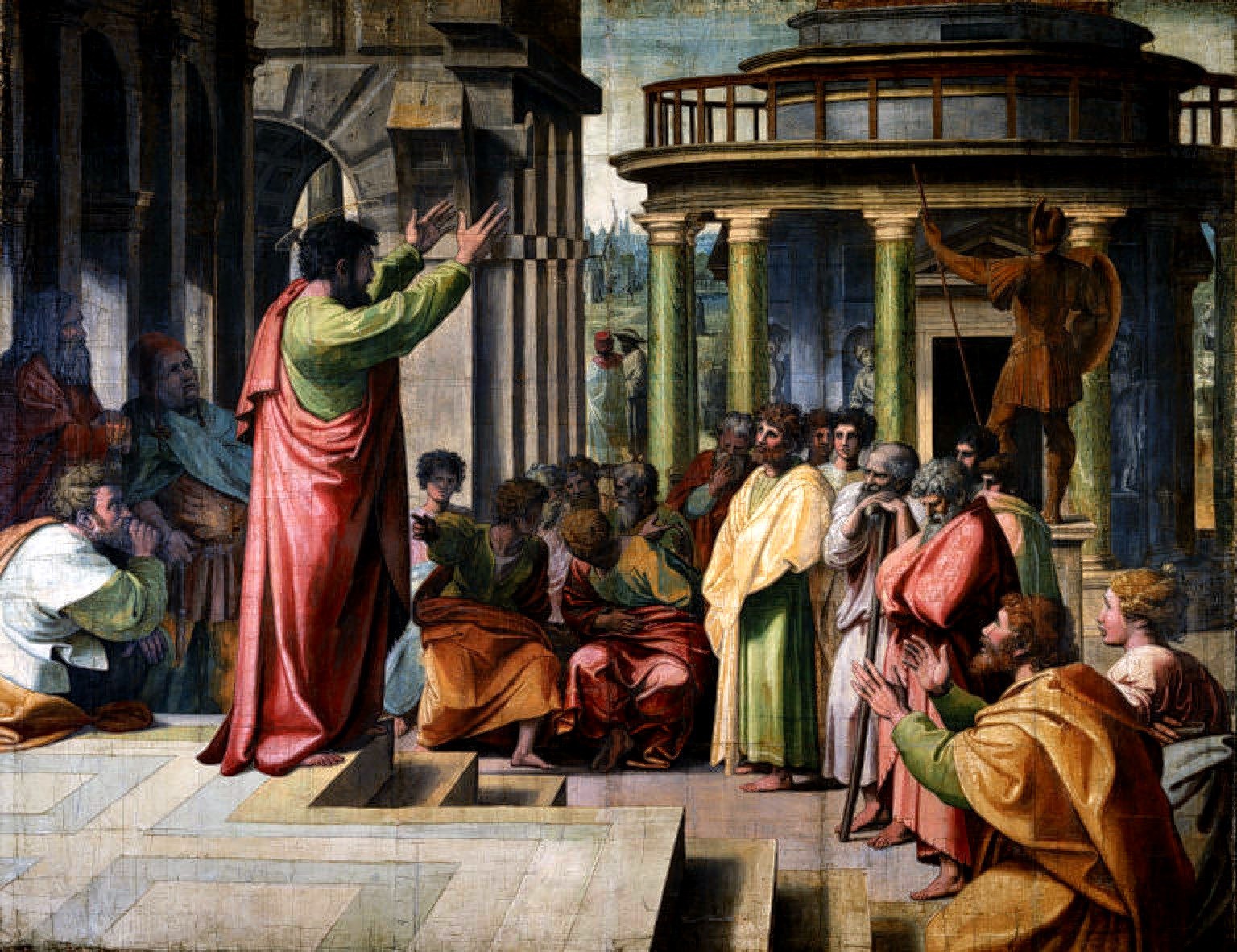Tag: Christianity
-
The Qur’anic Etymologies of ”Nazarene” and ”Gospel” and Their Historical Implications
Journal of the Society for Qur’anic Studies, Number 1, Volume 1, 2001 The Qur’an and the New Testament agree on a number of issues regarding Jesus Christ. Both books, for instance, stress that Jesus, who is called ” ‘Isa” in the Qur’an, was conceived miraculously by his mother Mary. He had no father. This is…
-
Paul’s Dependency on Talmudic Writings: Evidence of New Testament Borrowing
While Christians would prefer to allude to the notion that Paul, the self-acclaimed “apostle” of Jesus, was “inspired” when he wrote his epistles, the evidences we have researched states otherwise. We have seen how Paul had cited a verse from the “apocryphal books of Elijah” but claimed that he was citing from the book of…
-
The Problem of Paul Regarding Esau
There is an interesting observation made by a pro-Torah Christian and he has issued a “challenge” to Pauline Christians regarding Paul’s (mis)understanding of the nature of Esau in the eyes of God. The issue is what Paul had written in his epistle to the Romans, as follows: “For the children not yet being born, nor…

